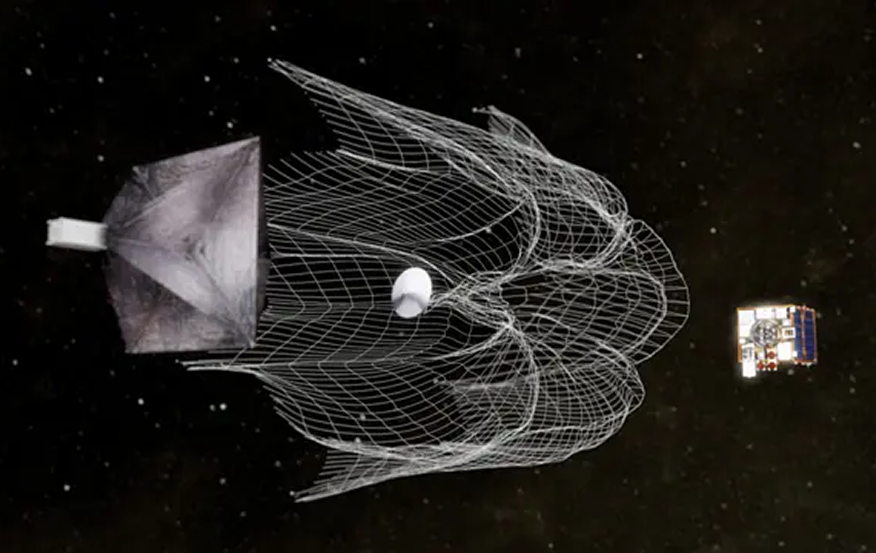6. Smart Homes and Everyday Devices
The rise of smart homes demonstrates the integration of science into daily routines. Devices such as smart thermostats, automated lighting, and voice-controlled assistants rely on breakthroughs in sensors, artificial intelligence, and connectivity. These technologies make homes more comfortable, efficient, and secure while reducing energy consumption.
Advertising
Everyday appliances, from refrigerators to washing machines, incorporate scientific principles in engineering and materials to improve performance, durability, and environmental friendliness. The application of science in home design enhances convenience, safety, and sustainability.
7. Environmental Awareness
Science informs our understanding of the environment and climate change, shaping behaviors and policies in daily life. Research on air quality, water purity, and pollution has led to regulations and technologies that protect human health. Environmental monitoring, enabled by satellites and sensors, helps communities respond to natural hazards and manage resources sustainably.
Scientific insights encourage eco-friendly behaviors, such as recycling, water conservation, and energy-efficient living, directly influencing personal choices and societal norms.
8. Education and Knowledge Accessibility
Science has transformed education, making learning more interactive and accessible. Digital tools, online courses, and virtual laboratories rely on research in cognitive science, pedagogy, and information technology. These innovations allow students worldwide to access high-quality educational content, bridging gaps in opportunity and knowledge.
Science communication and popular science platforms bring complex discoveries into everyday understanding, fostering curiosity and empowering informed decision-making.
9. Entertainment and Leisure
Scientific progress also enhances entertainment and leisure activities. Advances in optics, computer graphics, and sound engineering have revolutionized movies, video games, and music. Virtual reality and augmented reality, grounded in physics and computer science, offer immersive experiences that transform how people engage with media and recreation.
Sports, too, benefit from science through wearable monitoring devices, performance analytics, and material innovations in equipment and apparel. These applications improve safety, performance, and enjoyment in everyday recreational activities.
10. Conclusion
Science is deeply embedded in daily life, shaping how we communicate, travel, eat, live, and play. From healthcare and energy to technology and entertainment, discoveries continue to redefine the human experience. By understanding and embracing these innovations, individuals can make more informed decisions, enhance their quality of life, and contribute to a sustainable and technologically advanced society.
The ongoing integration of science into everyday life illustrates that research is not an abstract endeavor but a transformative force with tangible benefits for individuals and communities alike. It highlights the power of knowledge to improve daily routines, solve practical problems, and inspire future generations to explore, innovate, and create.
